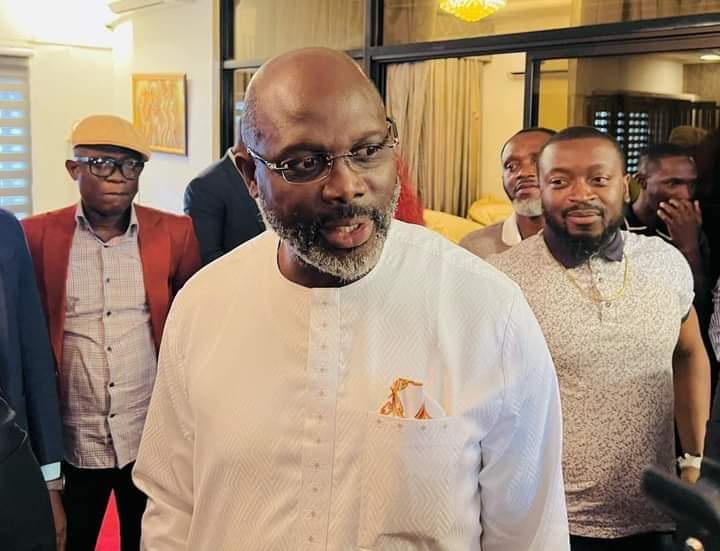Donald Trump’s electoral victory on November 5, 2024, has echoed across borders, as confirmed by the concession of Kamala Harris. The Congress for Democratic Change (CDC), Liberia’s main opposition party, celebrated Trump’s win, labeling it a reaffirmation of American democracy and the people’s will. In a statement released shortly after the election, the CDC extended its congratulations to the President-Elect and thanked Americans for their commitment to a democratic process. The party regards Trump’s return to the White House as historic, further highlighting the significance of peaceful transitions of power in reinforcing the strength of democratic institutions.
In a separate development highlighting internal strife within the CDC, the party announced the suspension of several lawmakers over their involvement in a conspiracy to remove House Speaker Fonati Koffa. Koffa’s efforts to ensure accountability and transparency in the House have drawn ire from certain party members who are trying to oust him. The party’s National Executive Committee expressed surprise at the actions of the lawmakers and emphasized adherence to the party constitution. The suspensions were enacted in light of accusations that these lawmakers had deviated from party guidelines in their pursuit of Koffa’s removal.
The suspended lawmakers include key figures such as Deputy House Speaker Thomas P. Fallah and several representatives from both Margibi and River Gee counties. The CDC outlined the specific constitutional rules violated by these lawmakers and reiterated the importance of discipline within the party framework. The party has initiated further actions, urging the suspended members to engage with the National Disciplinary Committee for a comprehensive investigation. This internal upheaval indicates significant tensions within the party, revealing divisions that could have larger implications for its stability and efficacy moving forward.
Beyond internal issues, the CDC has accused President Joseph Nyuma Boakai of attempting to undermine Liberia’s democratic structures by fostering a one-party dominance and encroaching upon the legislative branch’s independence. While the party asserted that President Boakai is prioritizing selfish political objectives over national interests, no specific evidence was presented to substantiate these claims. The CDC’s public statements characterized the Boakai administration as a threat to constitutional checks and balances, alleging interference in the workings of the judiciary and legislative bodies.
Amid these accusations, the CDC raised concerns over rampant corruption within governmental departments and the neglect faced by workers, including members of the Armed Forces of Liberia. The opposition party criticized the current government’s alleged wastefulness in pursuing vengeance against the Speaker rather than addressing pressing state issues. They contended that such acts were indicative of a government under stress, suggesting that the ruling party might seek to instigate political upheaval as a means of diversion from its own failures. The implications of these claims provoke further examination of the political climate in Liberia and its potential impacts on governance.
As the CDC navigates through these tensions, it remains fervently committed to upholding peace and stability in Liberia. The party has called upon President Boakai to desist from actions that could destabilize the current political environment, which they deem critical given the country’s historical struggles. In conjunction with these assertions, the CDC made preparations to observe Martyrs Day in Montserrado County, indicating a conscious effort to foster party unity despite ongoing challenges. This dual focus on internal coherence and vigilance against perceived threats highlights the CDC’s strategic approach in addressing the political dynamics influencing Liberia’s future.


